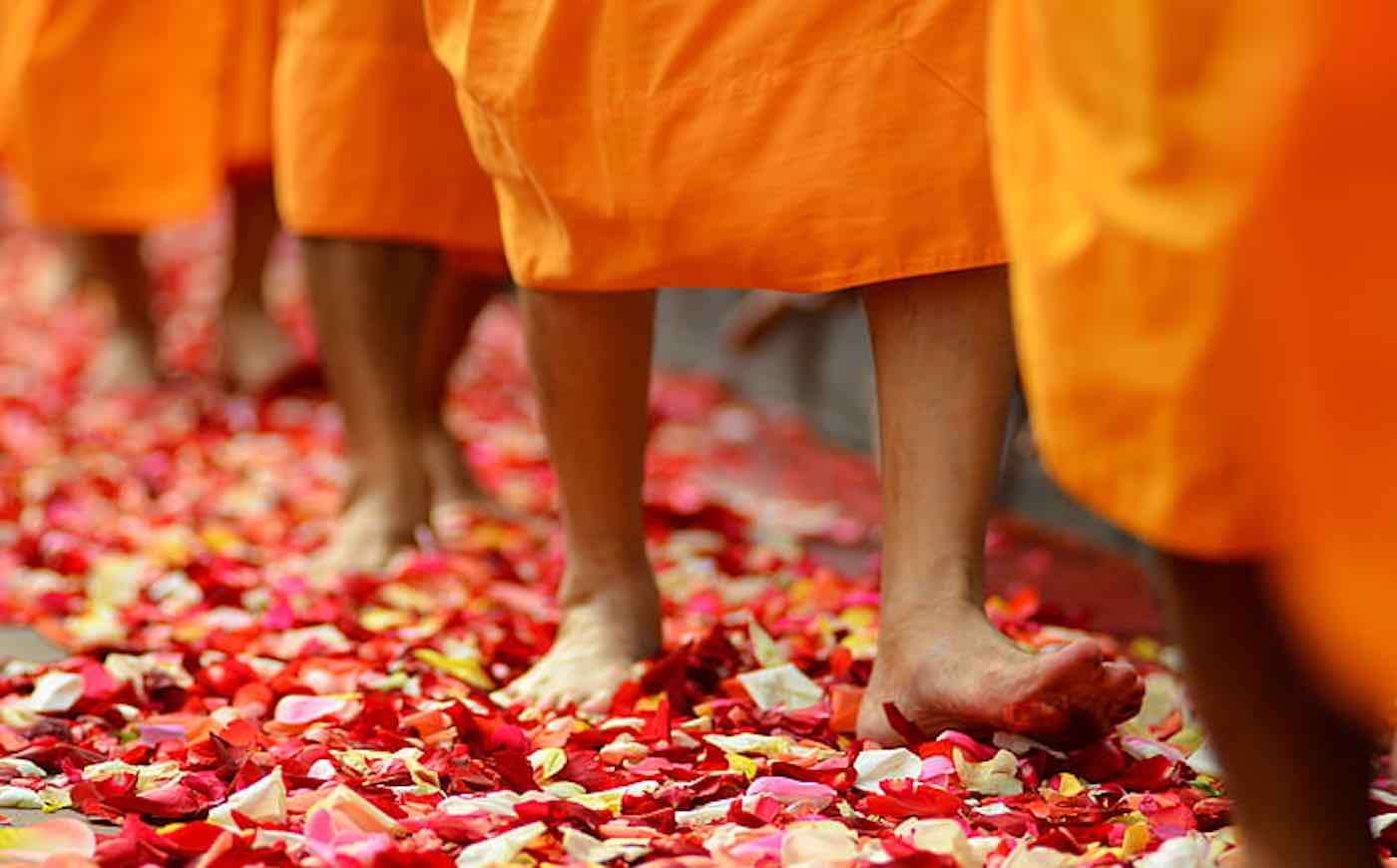A Merry Christmas in Muslim Senegal
"Religious harmony in Senegal is on full display this year as Christmas and the Muslim holiday of Tabaski fall within days of each other" -- and the Senegalese enjoy celebrating everything.

Helping to relieve suffering in the world is one of the goals of Buddhist teachings that guide followers on their journey from birth to death.
And for one Buddhist temple in Thailand, it's not only food, money, and clothing that pilgrims donate to the cause. They bring plastic waste.
Despite being a fraction of the size of China, India, and the U.S., Thailand is one of the five biggest contributors to plastic pollution on the Earth.
Thailand is also predominantly Buddhist, and according to Phra Maha Pranom Dhammalangkaro, his temple is doing its part to combat the global environmental crisis, in line with the teachings of the Buddha.
He has turned the Wat Chak Daeng temple in Samut Prakan Province, just south of Bangkok, into a recycling mecca. A large recycling machine pulverizes donated plastic bags and bottles into large bales which the monks organize to be shipped off to recycling plants.
Once broken down, the plastic is turned into polyester fibers which are then dyed by the monks and turned into their iconic saffron orange robes.
"Donating one kilogram (2.2 lb) of plastic bottles can help make a full set of monk robes, which has a high return value, both in terms of money and merits," the temple's abbot, Maha Pranom, told Reuters.
When the Abbot Pranom ventures out into surrounding communities, citizens offer up their plastic waste rather than food, to receive his blessings.
In two years, the temple has produced more than 800 sets of the raiment, which sell for between 2,000 baht ($65.79) and 5,000 baht ($164.47). The income keeps the recycling operation up and running, along with a revolving staff of volunteer housewives, retirees, and disabled persons.
"If you don't collect these plastics, where do they end up? In the stomachs of dugongs, dolphins, whales, and many other sea animals," the Abbot tells them.
According to the Ocean Conservancy, the 40 tons of plastic that the monks have recycled is a great first step in helping stem the tide of plastic pollution from Thailand that places the Southeast Asian country in 5th place for plastic polluting nations.
"Not only are the monks making a concrete contribution to recycling, but they are raising awareness in their communities," Chever Voltmer, Director for Plastics Initiatives at Ocean Conservancy told Reuters.
(WATCH the video below)
Be Sure And Share The News With Your Friends On Social Media…
Be the first to comment